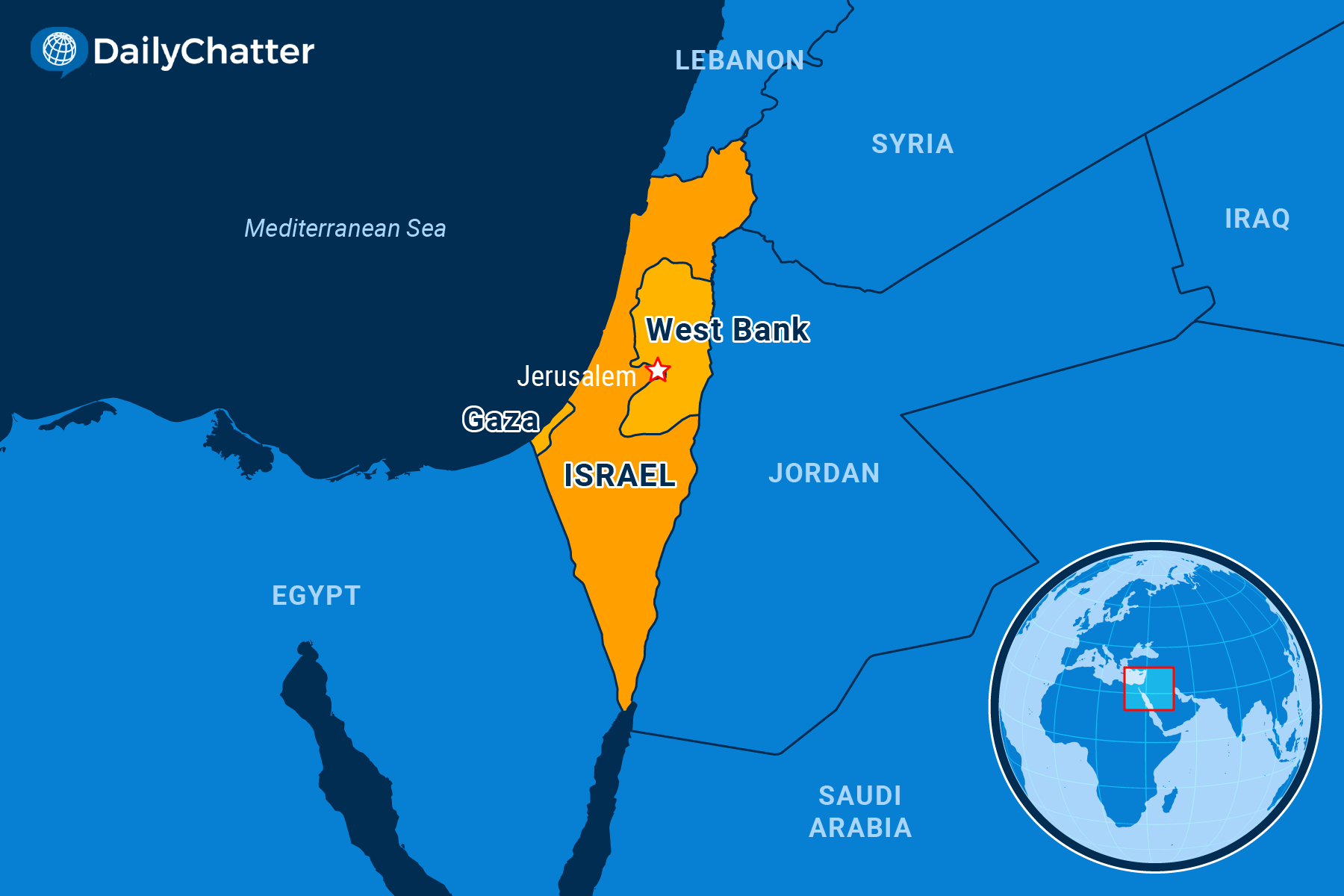A Hard ‘Nee’

A court in the Netherlands on Monday ruled that the government block all exports of F-35 parts to Israel, arguing their use could be in violation of international law, Reuters reported.
“It is undeniable that there is a clear risk the exported F-35 parts are used in serious violations of international humanitarian law,” the Dutch appeal court concluded in the case, brought by activist organizations including the Dutch branch of Oxfam.
The court ordered the government to comply with the ruling within seven days. However, The Hague said it would appeal to the Supreme Court, arguing that the verdict overstepped the state’s jurisdiction on foreign affairs.
Monday’s verdict was a “surprising” one in which the claimants “won on all points,” Dutch broadcaster RTL reported. Though they are aware the ruling won’t provide any immediate change in the conflict, the activists told the outlet they hope it will serve as an example for other countries.
The Netherlands is part of a consortium of nations that store US-owned parts of F-35 fighter jets, and can distribute them to allied countries. Israel has received at least one shipment since the Oct. 7 attack carried out by Hamas in which 1,200 civilians were killed and 240 were taken hostage.
The subsequent war between Israel and Hamas has seen more than 28,000 Palestinians killed in Israeli attacks in the densely populated Gaza Strip. According to Hamas-run Health Ministry numbers, 43 percent of the victims have been children or young teens, the Associated Press wrote.
The court’s decision came after Israeli special forces raided the Gazan southwestern city of Rafah on Monday morning to free two hostages held by Hamas. The rescue operation was carried out as Israel’s air force conducted strikes on Rafah, killing 67.
The city is currently home to half of Gaza’s 2.3 million population, fleeing fighting in other parts of the enclave. Israeli leader Benjamin Netanyahu said it was Hamas’ last remaining stronghold in Gaza and ordered an evacuation plan ahead of a ground offensive.
In response, Egypt threatened to nullify a peace treaty, signed after the 1978 Camp David Accords, that limits the number of troops on the Israel-Egypt border. Such a move would challenge the Israeli military, jeopardize US funding to Egypt, and lead to further escalation in the region.

Subscribe today and GlobalPost will be in your inbox the next weekday morning
Join us today and pay only $32.95 for an annual subscription, or less than $3 a month for our unique insights into crucial developments on the world stage. It’s by far the best investment you can make to expand your knowledge of the world.
And you get a free two-week trial with no obligation to continue.
